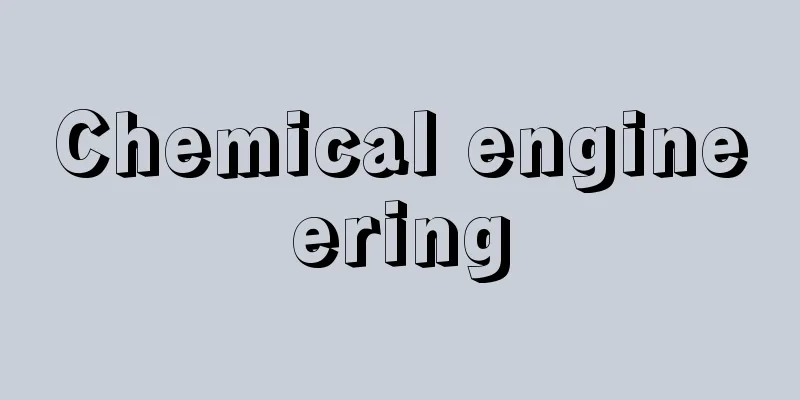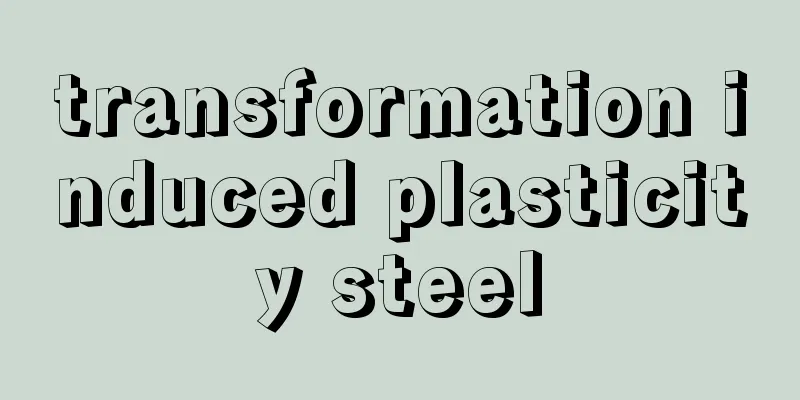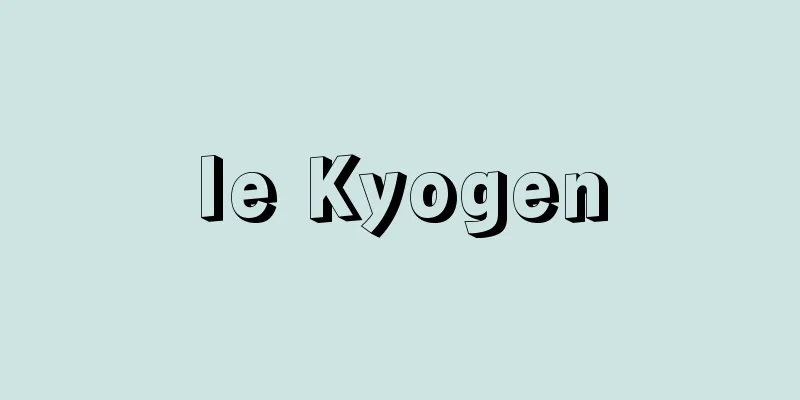Chemical engineering

|
This refers to engineering related to planning chemical processes and the design, construction, and operation of manufacturing equipment in order to carry out the manufacturing process of chemical products efficiently and economically. In the chemical industry, various raw materials are mixed, heated, and exposed to catalysts to cause chemical reactions, and the resulting products are separated and refined by distillation, etc. All of these processes are carried out inside chemical equipment, and the chemical industry is also called the equipment industry, since it proceeds simply by adjusting the temperature, flow rate, pressure, etc. from outside. Even though the types of chemical processes are different, physical operations such as preparation of raw materials and separation of products are added before and after the chemical reaction process. If we break it down, we can consider it as a combination of unit operations such as crushing, mixing, distillation, absorption, extraction, and drying, and reaction operations. If we consider these unit operations separately from the process, they are unified by the same principles, and all reaction operations are analyzed based on thermodynamics and reaction kinetics. The results obtained should be commonly applicable to the design and operation of any chemical process. Chemical engineering developed from this idea and analyzes and studies these principles. In other words, while industrial chemistry is a vertical science of chemical industry, chemical engineering is a horizontal science. Because the principles and methods of chemical engineering are versatile, the contributions of chemical engineering have been recognized not only in the chemical industry but also in the fields of steel manufacturing, food industry, energy-related, and environmental conservation in recent years, and applications to fermentation, biochemical industry, and medicine are expected. [Otake Denyu] Source: Shogakukan Encyclopedia Nipponica About Encyclopedia Nipponica Information | Legend |
|
化学製品の製造工程を能率よく、経済的に行わせるための、化学プロセスの計画および製造装置の設計、建設、運転などに関する工学をいう。 化学工業は、いろいろな原料物質を混合し、加熱、触媒との接触などして化学反応をおこさせ、得られたものを蒸留などで分離精製して製品としている。これらの工程はいずれも化学装置内で行われ、外部から温度、流量、圧力などを調節するだけで進行するので、化学工業は装置工業ともいわれる。 化学プロセスの種類は違っても、化学反応工程の前後には、原料の調製、生成物の分離といった物理操作が加わっている。これを分解すれば粉砕、混合、蒸留、吸収、抽出、乾燥などの単位操作と反応操作との組合せとみなすことができる。これらの単位操作をプロセスと切り離して個別に考えると、それぞれ同一の原理に統一され、またすべての反応操作も熱力学と反応速度論を基礎として解析される。得られた結果は、あらゆる化学プロセスに対し、その設計、運転などに際し共通に応用できるはずである。このような考えから発達し、これらの原理を解析、研究するのが化学工学である。すなわち工業化学が化学工業を縦割りした学問であるのに対し、化学工学は横割りの学問である。化学工学の原理や手法が多能的であるため、最近は化学工業ばかりでなく、製鉄工業、食品工業、エネルギー関係、環境保全などの分野でも化学工学の寄与が認められており、発酵、生化学工業や医学への応用が期待されている。 [大竹伝雄] 出典 小学館 日本大百科全書(ニッポニカ)日本大百科全書(ニッポニカ)について 情報 | 凡例 |
Recommend
ad hoc
...Also, when a certain hypothesis encounters an ...
Return car - Return car
A Kabuki dance drama. Tokiwazu. The original titl...
MacAdell, J.
...The German Ludwig von Siegen (c. 1609-80) disc...
Go
A hobby information magazine published by Seibundo...
Muraoka [town] - Muraoka
A former town in Mikata County in northern Hyogo P...
Ice axe
〘 noun 〙 (ice axe(e)) Pickaxe. Also, specifically,...
Listening room
...The basic sound recording method has not yet b...
Mollet, C. (English spelling) MolletC
… [Establishment of French-style gardens] Italian...
Magnetic Flux Density
When a current I flows steadily through a magneti...
Broadcast reception fee - housoujushinryo
This is a fee collected by the Japan Broadcasting ...
Ball lightning
A ball of light that appears during a thunderstor...
technical intelligentsia
… However, in today's advanced industrial soc...
Psittacula krameri manillensis (English spelling) Psittacula krameri manillensis
…Parakeet [Takashi Saito]. . . *Some of the termi...
Haploid
Also called haploid or haploid. Normally, living o...
Multiplication table - Kuku
Usually, this refers to the multiplication or mul...









